Total Football is the Dutch tactical brilliance from the 1970s. It is one of the oldest concepts in football history. Total football is founded upon adaptability instead of a rigid structure. It paved the way for a fluid system of positional play, pressing and possession football . Teams now are employing positional rotation, high-pressing and advanced possession play. It is safe to say that modern football has borrowed heavily from this ethos. Total Football can be seen in the tactics of the best clubs and national teams of modern football.
Origins and Fundamentals of Total Football
Total Football philosophy was invented at Dutch club Ajax by Rinus Michels. It was later evolved by Johan Cruyff at Ajax and Barcelona. The strategy relied on knowing space, movement, and technical skills well. It facilitates players to shift positions with ease without altering the formation. It needs every player to feel at ease with possession and multitasking as varied players. Its core principles were:
- Positional Fluidity: Players could take up various roles in a game. They play with constant movement and unpredictability.
- Pressing and Counter-Pressing: Focus on winning the ball high up the field. A combined pressing action deprives the opponent of time to gain possession.
- Possession Dominance: Holding on to possession to control the tempo. It drains the opposition, with short passing and intelligent movement.
- High Defensive Line: A defensive system with an attacking mindset. Involves advancing defenders higher up the pitch to limit space and suffocate attacks.
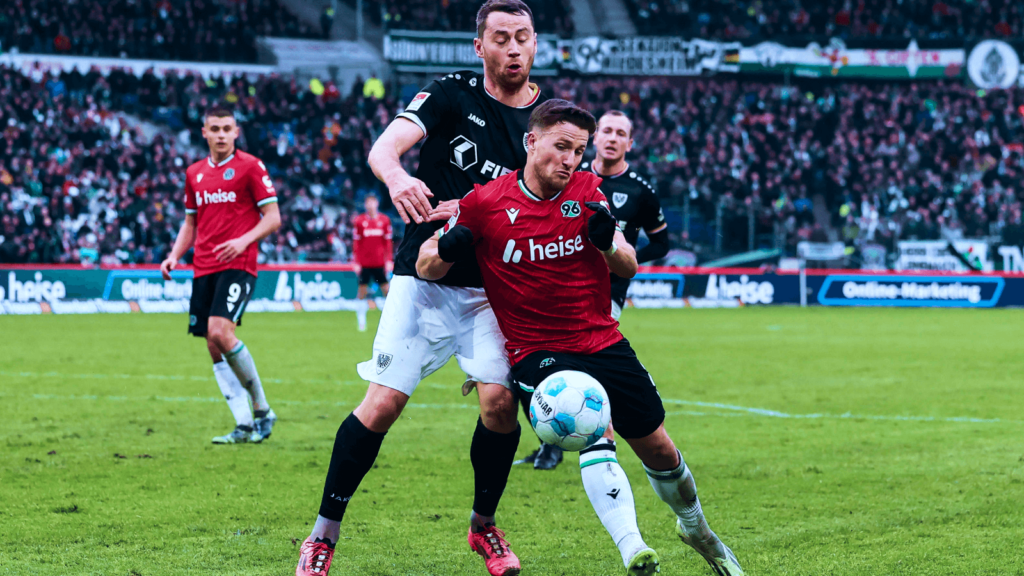
Total Football successfully revolutionized football’s tactical thinking. It highlights group intelligence, mobility and spatial awareness rather than just raw individual ability.
Impact on Pressing Systems
Maybe the most glaring legacy of Total Football is its impact on pressing. The system championed pressing as a group, not a solitary, endeavor. Various models of pressing are taken from the original ideas of Total Football. Today, pressing is a core feature of elite clubs.

Gegenpressing
Gegenpressing or counter-pressing was popularised by Jürgen Klopp. It is in line with the ethos of Total Football being about the immediate restitution of the ball. Instead of dropping back once they’ve lost the ball, players press hard to win it back immediately. The tactic has been effective in high-intensity football. It’s effective in breaking up opposition build-up and winning turnover in perilous areas. Forwards and midfielders press as a unit. They close passing lanes, which forces quick decisions. The coordinated pressure of Klopp’s Liverpool is a manifestation of this dogma.
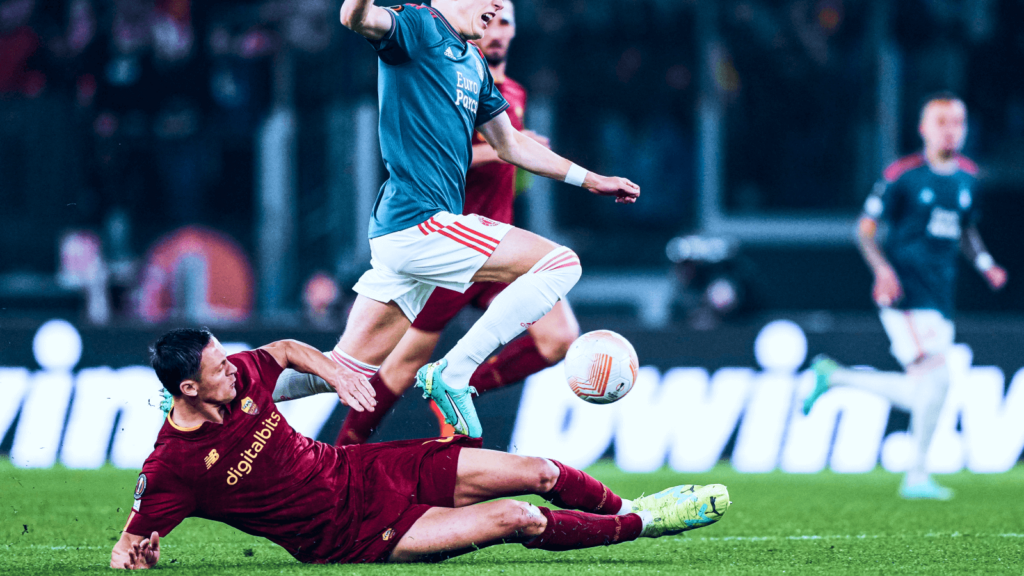
High Pressing
Manchester City and Barcelona are two teams that use systematic high pressing. The press is initiated by certain stimuli like a weak pass, weak first touch or isolated player. It works similarly to Total Football’s coordinated movement and collective work. Coaches like Guardiola have refined the high-pressing template. They need every player to play their part, to gain possession as quickly as possible.
Influence on Possession-Based Strategies
Total Football transformed the idea of ball possession. Teams now value possession as a defensive and attacking strategy. Possession allows a team not just to dominate the game. It is also a defense, by limiting the chances of the opponent.
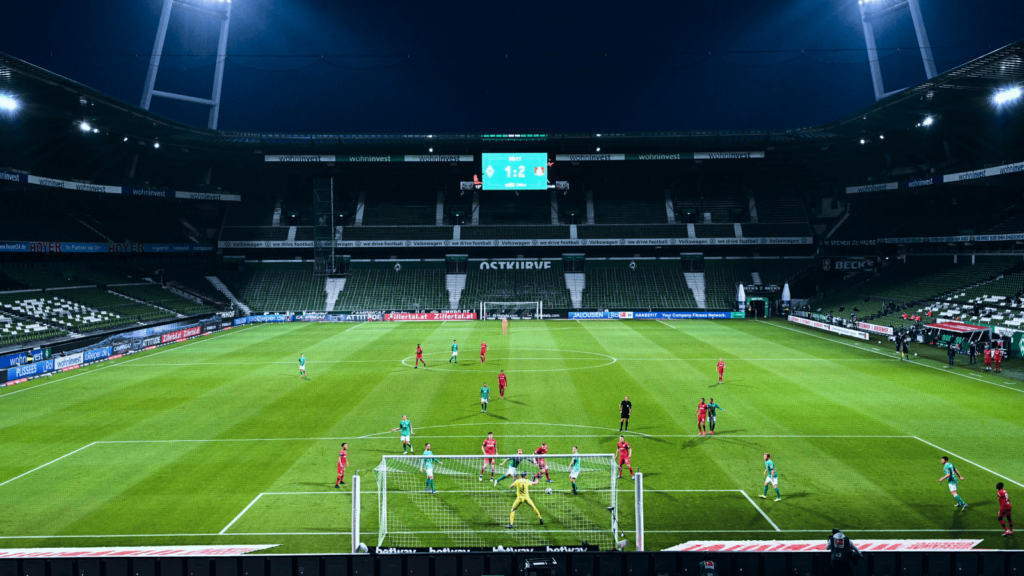
Tiki-Taka and Positional Play
Barcelona’s Tiki-Taka is a direct heir to Total Football. It was developed under Johan Cruyff, followed by Pep Guardiola. The strategy focuses on:
- Quick one-twos to hold onto possession and overwhelm defensive lines.
- Rotational motion to open up passing channels and take up space.
- A tight shape and high line to smother opposition attacks.
Positional discipline, maintaining the players in their formation while reacting to game situations.
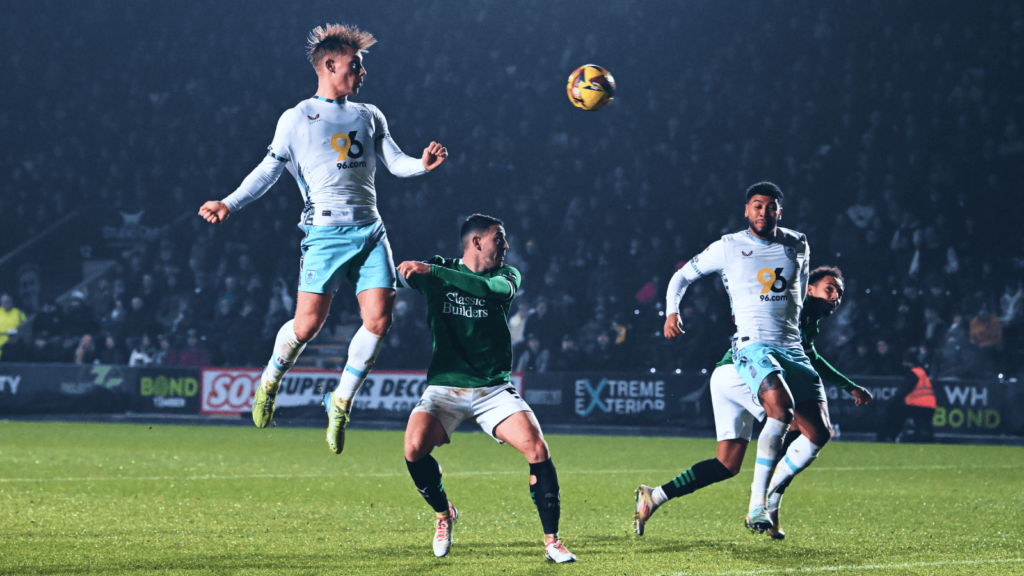
The effect of Tiki-Taka, though, does not stop there. Vicente del Bosque’s Spain used the same tactic to dominate world football. They won the 2010 World Cup and two European Championships.
Modern Hybrid Strategies
Squads now blend possession-based football with realistic aspects. Manchester City’s under Guardiola combines flexible positioning with scripted passing. The team dominates in areas where it matters most. Bayern Munich with Hansi Flick combined high pressing and fast vertical passing. They seek balance between possession and quick attacking movement. Real Madrid often plays fast on the break. However, they’ve also learned to control possession at times.
Positional Fluidity in Modern Football
Total Football stresses on players filling more than one role. It is clearly evident in modern tactical formations. Top teams scout players who can fit into various positions, promoting tactical flexibility.
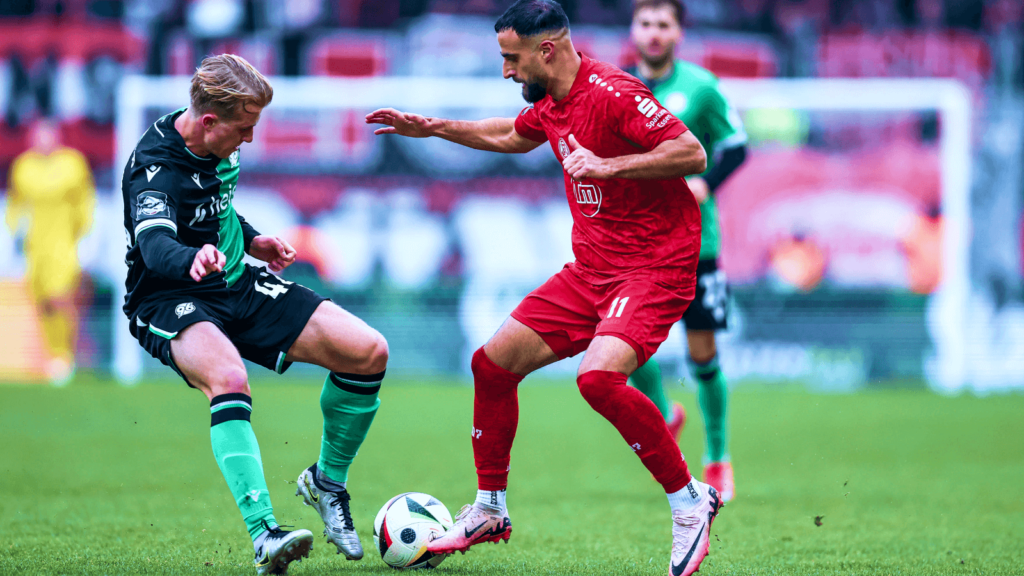
Inverted Full-Backs and Hybrid Midfielders
Contemporary full-backs like Trent Alexander-Arnold and João Cancelo play inverted into midfield. It helps teams to have control of the middle areas without losing width through wingers. Kevin De Bruyne, for example, seamlessly switches between attacking and deeper roles. It reflects the flexibility advocated by the Dutch approach.
False Nines and Rotational Frontlines
The concept of a fixed striker has been replaced by false nine systems. Strikers drop deep to allow seamless attacking transitions. It creates room for wingers or attacking midfielders. This keeps the attack unpredictable. Barcelona’s Lionel Messi and Real Madrid’s Karim Benzema are instances of this role.
Ball-Playing Center-Backs
Defenders are no longer simply prevented from attacking. They are now expected to initiate build-up play. It is a concept deeply rooted in Total Football’s ethos of technical ability for all. Virgil van Dijk, Aymeric Laporte and David Alaba show how today’s center-backs need to handle the ball well.
The Evolution of Total Football in the 21st Century
Total Football philosophy not only dominated club football. It has also changed the way national teams think about their tactics. Germany, Spain and France are few of those that incorporated elements of Total Football.
- Germany’s 2014 World Cup champions employed high pressing accompanied by positional rotation fluidity. They had midfielders and defenders often swapping positions.
- Spain’s dominance in 2008-2012 relied on constant possession and pressing. It is the hallmark of Total Football’s central philosophy.
- France’s 2018 World Cup Winning Team blended ball control with fast transitions. Their play demonstrated a modern interpretation of Dutch tactical principles.

The Lasting Legacy of Total Football
Total Football invented modern-day tactical evolution. It has conceptualized high pressing and positional rotation. While football evolved with new tactics and innovations, the Dutch theory still leads the way. Those concepts paved the way for the world’s best clubs playing the game today.
The principles remain the force behind the ever-evolving football tactic world. The mentality that changed Dutch football, is now employed as a model of success. It reminds us that adaptability, ingenuity and diversity are timeless values of football.
